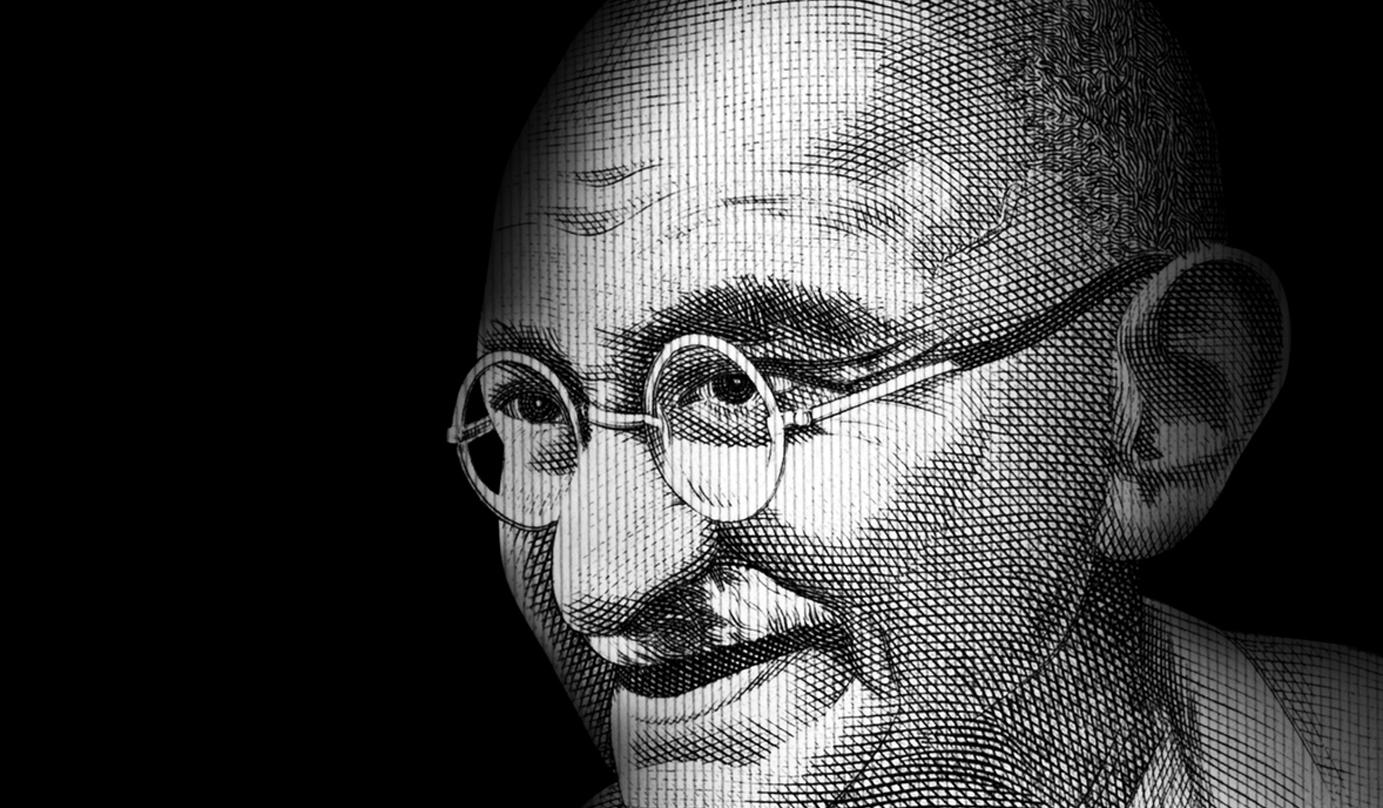
Throughout history there have been many great leaders. Some of these leaders are not like those that came before them. These trailblazers helped to transform the world by providing leadership to their countries and nations.

Barack Obama is famous for being the first African-American President of the United States. Obama was known for being charismatic, and he had a flair for being a very good communicator. Unfortunately, he was also the target of many assassination threats.

Obama made big changes in health care. At the time, many Americans didn't have health insurance. This meant that if someone got sick, they may not be able to afford to go to a doctor. Obama signed the Patient Protection and Affordable Care Act. The law was supposed to help poor Americans gain access to good health care. Some people celebrated the law, but others were not in favour of the law.

Obama reached out to other countries and nations to maintain a peaceful relationship. Especially those countries that have cut ties or had a rocky relationship with the United States. For these feats, Obama received the Nobel Peace Prize in 2009.

Kamala Harris is the 49th Vice President of the United States. She's the first female vice president in America. Kamala Harris is also the first African-American and Asian-American to be the vice president of the US. She broke many barriers to be the first in many areas, while empowering those who are just like her.

Kamala Harris wrote the book, Superheroes Are Everywhere. It's a story about how superheroes are in our everyday lives. They are our family members, friends, teachers, and role models. Harris based the book on her upbringing and experiences. The book shares her values and tells its readers that anyone can be a superhero as long as they are the best that they can be.

Mahatma Gandhi is perhaps one of the most famous pacifists. He believed that we should focus more on kindness and compassion instead of personal gain. Gandhi noticed that the laws were different for people with darker skin in South Africa. People with darker skin had fewer rights than those with lighter skin. Gandhi was even kicked out of the first class train because of his skin colour. He wanted to change these unfair laws.

Back in India, Gandhi led the movement for independence from the British Empire. During his time, India was a British colony. There were huge land taxes on Indian landowners. They were oppressed and even jailed for their political beliefs. Gandhi organized the Non-Cooperation Movement to protest British rule in India. He encouraged the people of India to boycott British products.

Gandhi was non-violent. Large groups of the Indian population were organized, and they refused to work, sat on the streets, and boycotted the court. These actions may not seem like much, but when a large population does them together, these actions have a much bigger impact.

On March 12, 1930, Gandhi started his Salt March. The Salt March was a protest against British laws that said that Indians had to pay a tax for salt. Gandhi decided to march across 390 km, gathering followers along the way. His march lasted 24 days. When he arrived in Dandi, Gandhi broke the salt laws by making illegal salt from boiling a lump of salty mud. On January 30, 1948, Gandhi was assassinated by an extremist.

What do you think makes a great leader? Is it their compassion? Or their never-ending curiosity? All of these leaders have work ethics to be admired. They were emboldened to take steps and accomplish feats that nobody had ever achieved.